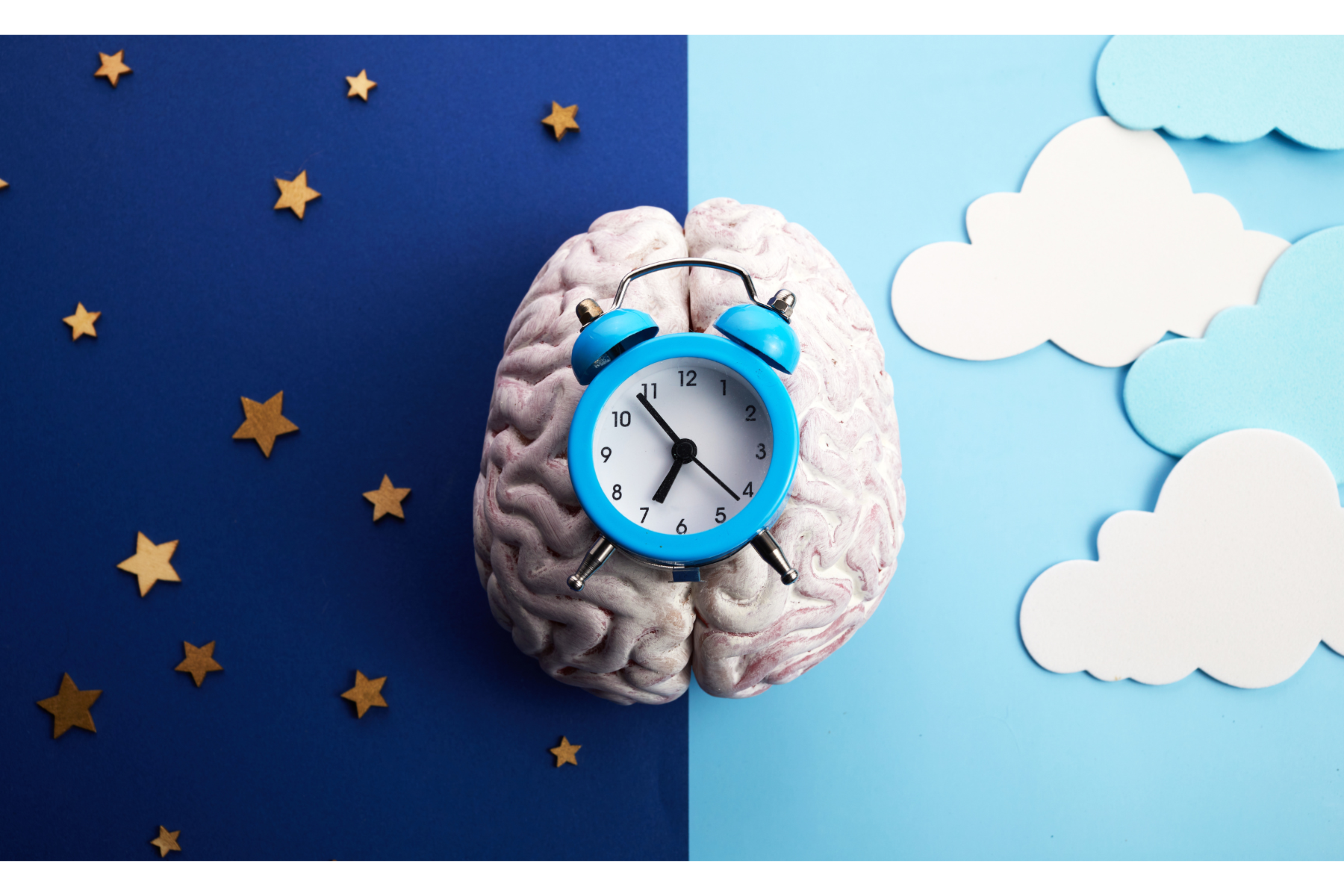
How alarm sounds impact your energy levels

How do you wake up in the morning? Most of us rely on an alarm. But have you ever thought about the type of alarm you’re using and how it affects how you feel?
Maybe it’s the standard “beep beep beep” from your phone, the calming sounds of nature, or a cracking tune from Triple J’s Hottest 100. While these might seem like small choices, research shows that your alarm sound can influence how alert or groggy you feel after waking.
What Is Sleep Inertia?

That sluggish, foggy feeling after you wake up is called sleep inertia. It’s a normal part of transitioning from sleep to wakefulness and can last anywhere from a few minutes to several hours. During this time, your reflexes are slower, decision-making isn’t as sharp, and energy levels are low, even after a full night’s sleep.
For people in roles that require quick thinking, like truck drivers, hospital staff, emergency responders, or pilots, lingering sleep inertia can pose serious risks.
The Best Alarm Sounds to Reduce Grogginess

So, how do you shake off sleep inertia faster? A study[1]published in PLOS (Public Library of Science) found that the type of alarm tone you use plays a big role.
The study revealed that melodic alarm tones[2]—those with a clear melody and rhythm—help reduce sleep inertia more effectively than traditional alarm beeps. In contrast, harsh or neutral alarms can actually make you feel more groggy[3].
Rhythmic tunes seem to work especially well. One possible reason is that they resemble natural waking sounds, like birdsong, which the brain finds easier to process in the early morning.
Waking Up Savvy
If you want to feel more energised in the morning, try switching to a melodic alarm tone. Choose a song that lifts your mood and encourages movement—something upbeat, rhythmic, and familiar.
A good tip: change your alarm regularly so you don’t start to associate a favourite song[4] with dragging yourself out of bed.
Final Thought
Your alarm tone might seem like a small detail, but it can make a big impact on how your day begins. A simple switch to a more musical, rhythmic sound can help reduce sleep inertia, improve your morning energy, and set the tone for a more productive day.

TL;DR (Too Long, Didn’t Read Summary)
Waking up in the morning can be a struggle, especially if you’re dealing with sleep inertia—that groggy, sluggish feeling that hits just after your alarm goes off. While many people rely on a standard phone alarm, nature sounds, or a favourite song, research shows that the type of alarm sound you choose can affect how alert you feel after waking.
A study published in PLOS found that melodic alarm tones with clear rhythm and melody can significantly reduce sleep inertia compared to harsh or neutral beeping sounds. Alarms that mimic natural waking sounds, like birdsong, are easier for the brain to process and may help improve morning energy, focus, and mental clarity.
If you want to feel more refreshed in the morning, try switching to a musical alarm tone—and consider rotating your songs regularly to avoid fatigue. It’s a simple change that can make your mornings feel a lot sharper and more productive.
References:
[2] Auditory Countermeasures for Sleep Inertia
[3] Alarm Tones, Voice Warnings, and Musical Treatments
[4] Using your favourite song as an alarm can help you wake up more alert







